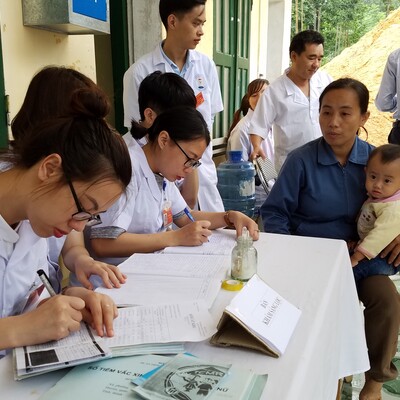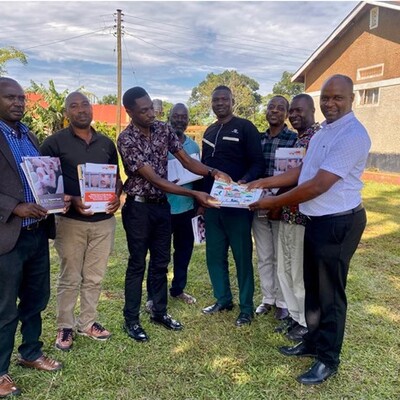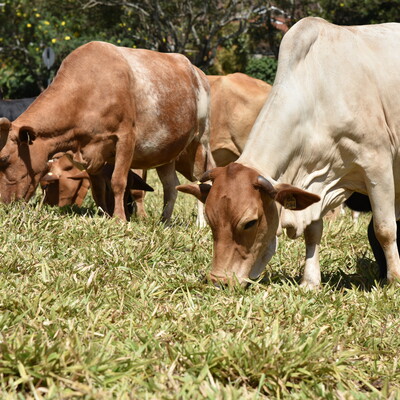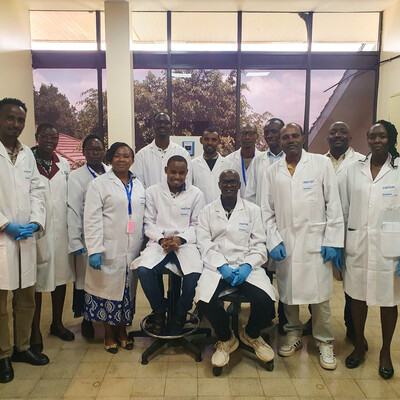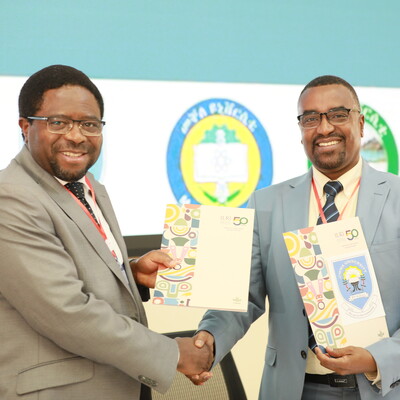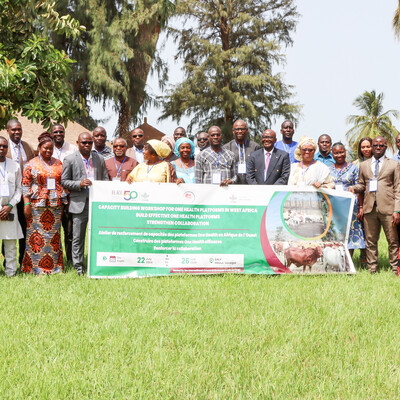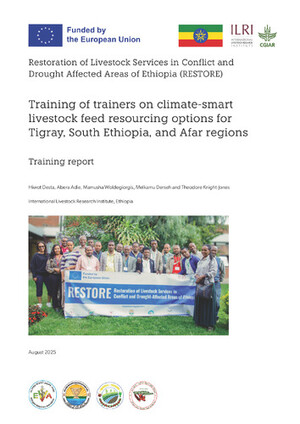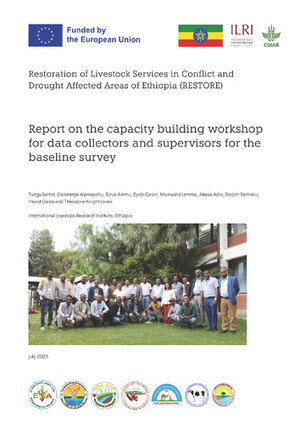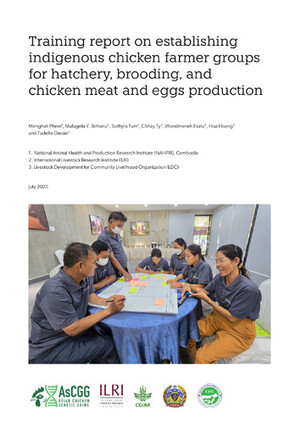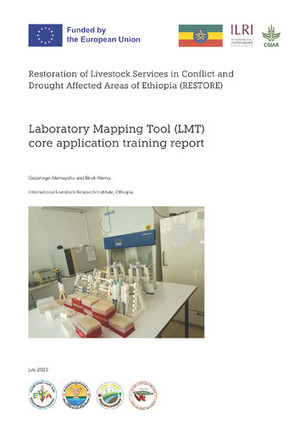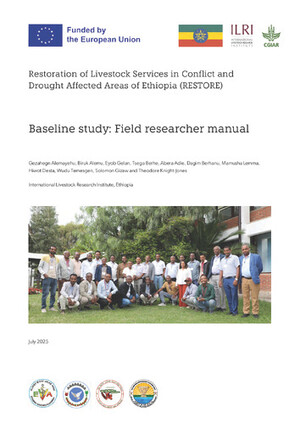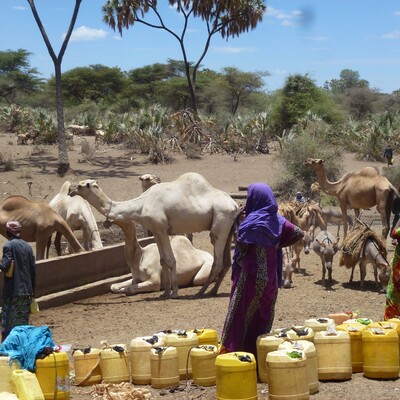
Ethiopia partners apply digital solutions in on-farm experiments
The Africa RISING project in the Ethiopian Highlands held training sessions for project site coordinators, extension experts, development agents and data enumerators from 7–8 June 2021. Close to 20 participants from project areas in Amhara, Oromia, Tigray and the Southern Nations, Nationalities, and Peoples’ (SNNP) regions took part in the training at the International Livestock Research Institute (ILRI) Addis Ababa campus.
The two-day training, which was co-organized by ILRI and the Alliance of Bioversity International and the International Center for Tropical Agriculture (CIAT) aimed to strengthen the capacity of participants in selecting appropriate crop varieties tailored to specific farmer needs and agro-ecologies. The trainees were exposed to aspects of on-farm testing at scale and the use of the ClimMob platform to support the process through a participatory methodology.
The training was part of an Africa RISING-funded research project that aims to assess seasonal food availability; increase varietal diversity (for Faba bean and Durum wheat) and production and productivity of grain nutrient using a crowdsourcing approach, and provide farmers and agro-producers with high-yielding and market-oriented varieties. Yosef Gebrehawaryat, who is leading the project, noted that the activities will be implemented in the Oromia, Amara and SNNP regions of Ethiopia.
‘This training is important to build the capacity of project staff and local partners’ to carry out participatory research effectively. We hope the practical knowledge and soft skills shared will help them to contribute to new agricultural solutions,’ he added.
Temesgen Alene, an Africa RISING project site coordinator for the Amhara Region and one of the trainees, said ‘the training was quite good. I learned many new things about testing and comparing different varieties, new farming techniques, and ways of experimenting with different crops.’ He said he will use the new knowledge and skills gained to help other farmers improve their crops yield, resilience, nutrition, taste and resistance to pests and diseases.
Africa RISING in collaboration with Alliance of Bioversity International and CIAT and International Center for Agricultural Research in the Dry Areas (ICARDA) is currently working to address crop production constraints in Ethiopia through digital agriculture tools such as ClimMob for on-farm comparisons of technologies. The participatory research involves a large number of farmers in testing different available improved crop varieties that can help on-farm intensification of the smallholder farming systems in Ethiopia.
‘I appreciate being part of this training. I can now confidently carry out data exchange easily using the ClimMob platform applications without further assistance. I believe digital agriculture can enhance our farmers’ decision-making in selecting superior varieties, which will ultimately improve their livelihood,’ said Rahel Fikru, Africa RISING data enumerator in the Oromia Region.
Below is a step-by-step guide on how to access and use ClimMob.
- Step 1: Access guide
Use the following link to access ClimMob
2. Step 2: Getting started
Log in or request an account.
3. Step 3: Useing ClimMob to:
- Create a project
- Assign field agents
- Select treatments
- Prepare participants registration
- Prepare data collection forms
- Generate treatment packages and open registration of participants
- Connecting your project with ODK Collect
‘Using ClimMob technology we worked with a large numbers of volunteer farmers for crowdsourcing climate-smart agriculture. The technology makes it possible to engage many people at a low cost and to do a large amount of work in a short time,’ explains Kindu Mekonnen, chief scientist of the Africa RISING project in Ethiopia. ‘Africa RISING plans to explore and use different tools that support designing of on-farm trials and compare several technologies in search of the best solutions. This enables us to include many farmers to carry out simple experiments with more information,’ he adds.
Participants in crowdsourcing training in Addis Ababa (photo credit: ILRI/Apollo Habtamu).
Download a copy of the training materials here: Farmer experimentation for climate adaptation with triadic comparisons of technologies (tricot): a methodological guide







